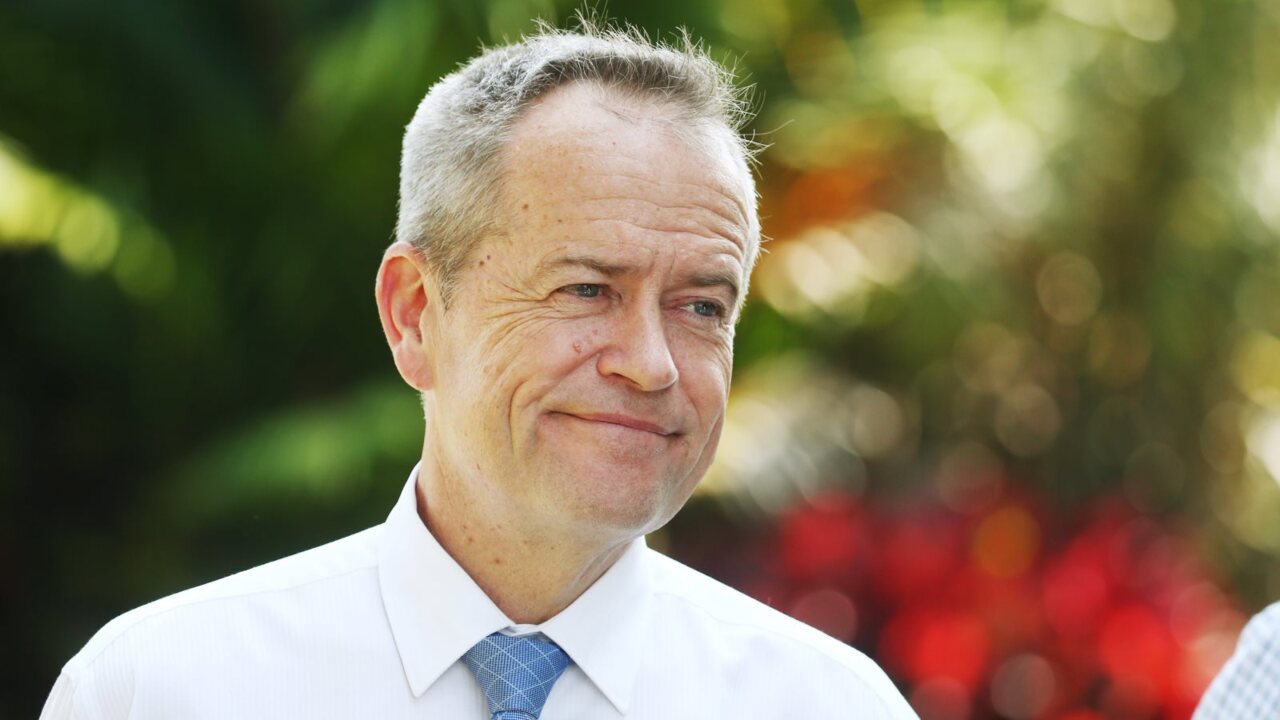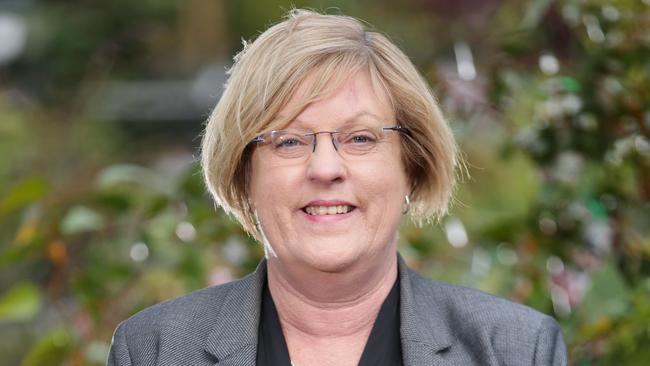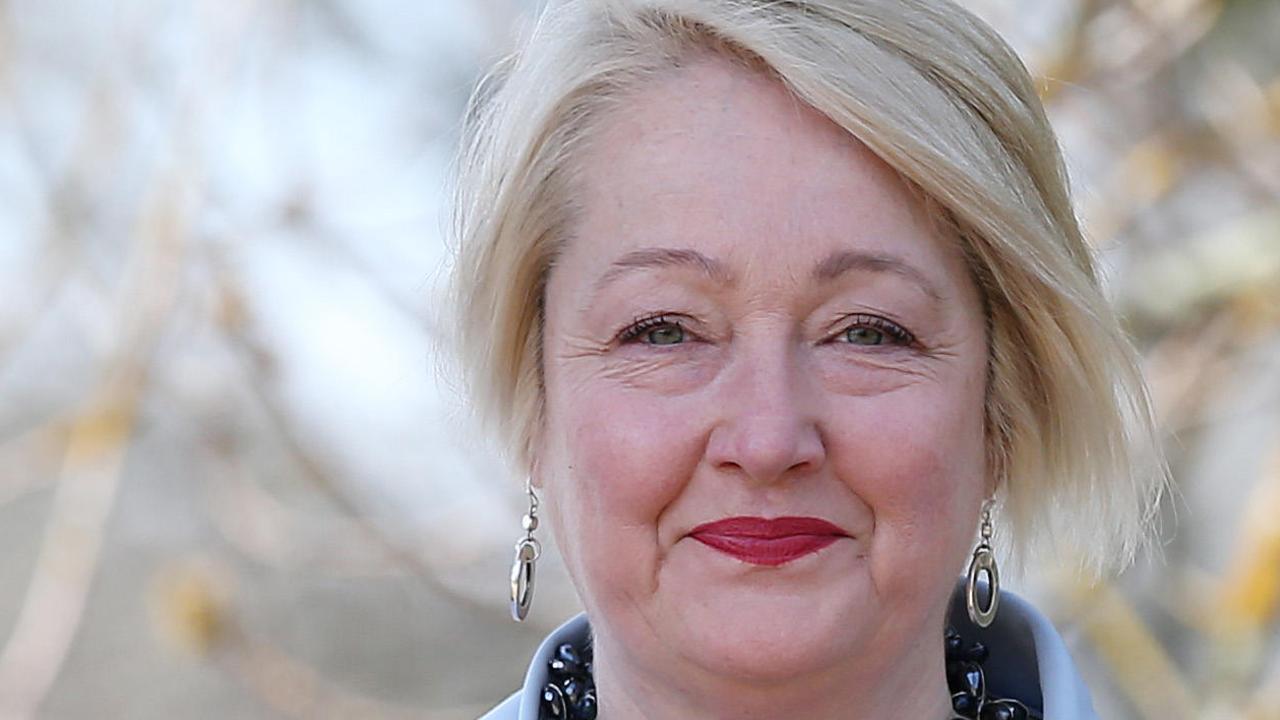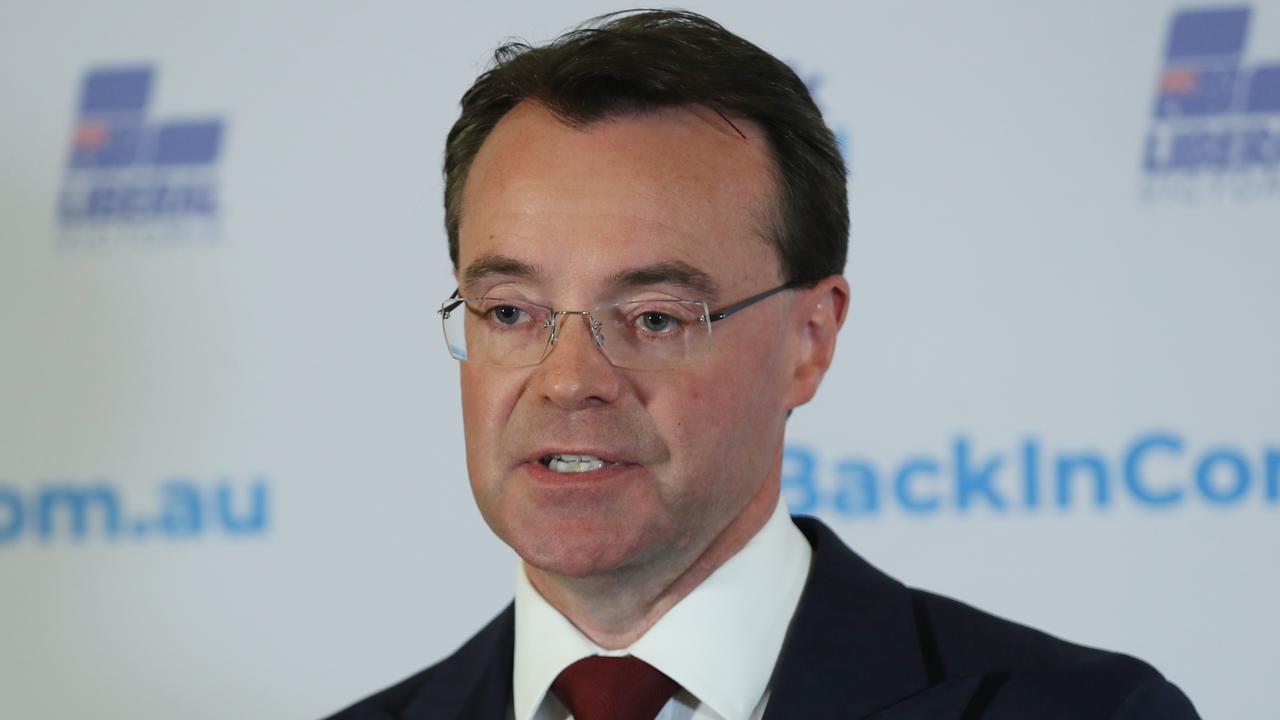State Opposition vows to reel in soaring desalination plant bill
MELBOURNE water users have coughed up about $3.5 billion for Wonthaggi’s controversial desalination plant since it was built prompting the state Opposition to promise it would scrap the government’s annual minimum order of water if it wins the state election.

Victoria State Election
Don't miss out on the headlines from Victoria State Election. Followed categories will be added to My News.
MELBOURNE water users have coughed up about $3.5 billion for Wonthaggi’s controversial desalination plant since it was built.
The rising bill, equivalent to $44 million for each gigalitre so far produced, has prompted the state opposition to promise it would scrap the government’s annual minimum order of water from the plant if it wins the state election.
The Andrews Government brought in the annual 15 gigalitre order in 2017 to prevent the plant breaking down after it was mothballed. It said the cost of the three-year trial would be offset by the sale of “surplus” green energy certificates.
GREENS PLEDGE TO BUILD RAIL LINE TO ROWVILLE
LABOR RORTS PROBE LIKELY TO END BEFORE ELECTION
LABOR PROMISES $100M TO PLAN REGIONAL FAST TRAINS
But Opposition water spokeswoman Stephanie Ryan said that money should go to consumers, pledging to “put an end to Labor’s wasteful spending by scrapping the 15 gigalitre minimum yearly order”.

“If water needs to be produced to keep the plant operational, that’s a cost (operator) AquaSure should bear,” she said. “Customers pay more than $600 million a year for the plant to be maintained and operated. They shouldn’t be paying twice.”
The Coalition stopped short of promising never to order water from the plant, however, with ongoing dry weather causing angst about dam levels.
It is likely whoever is in power next year will get recommendations for a 50 gigalitre order in 2019-20 if storages continue to dive.
Water Minister Lisa Neville defended the desal plant, and said it ensured “water security for our growing population and insurance against the impacts of climate change”.
Ms Neville said storages had already dipped to 65 per cent. “We’re nearly 6 per cent lower than last year — but without desal, we would be 10 per cent lower, putting us in real danger going into what is predicted to be a hot and dry summer,” she said.


